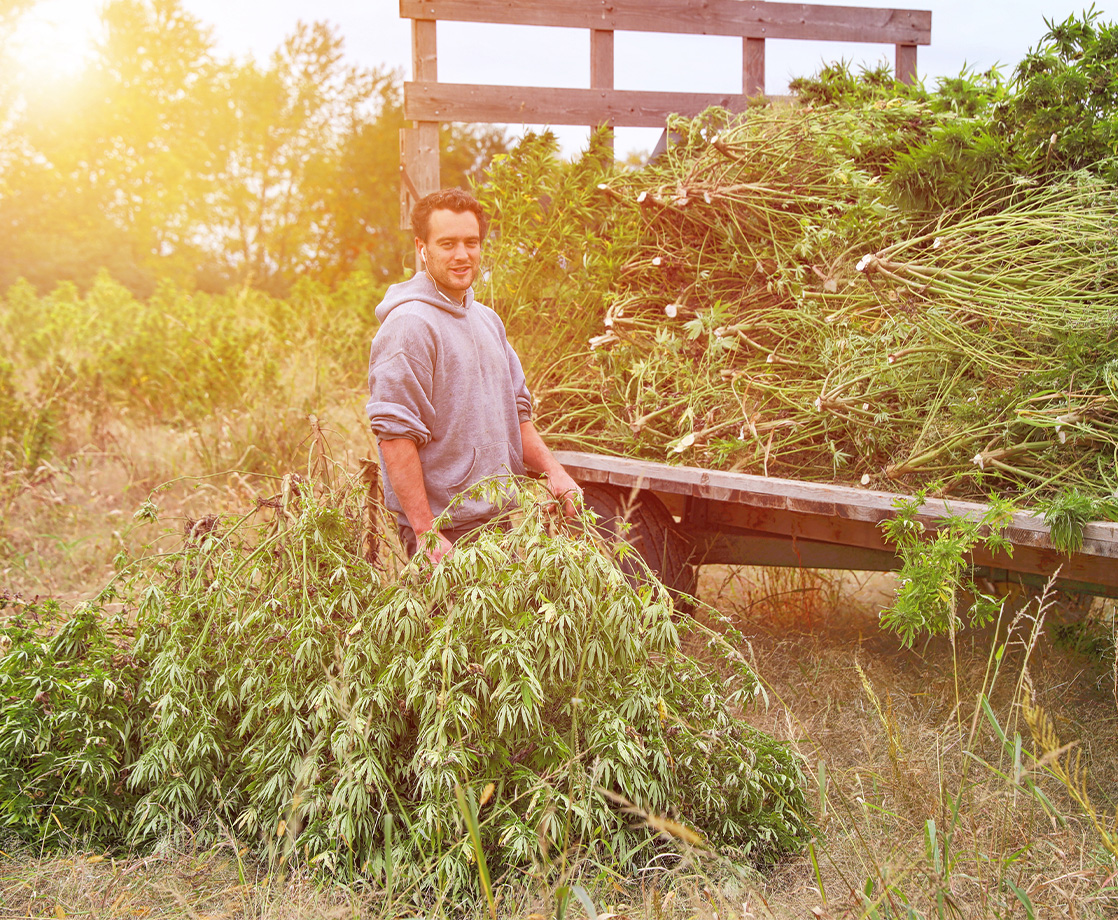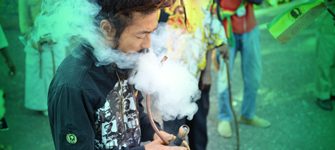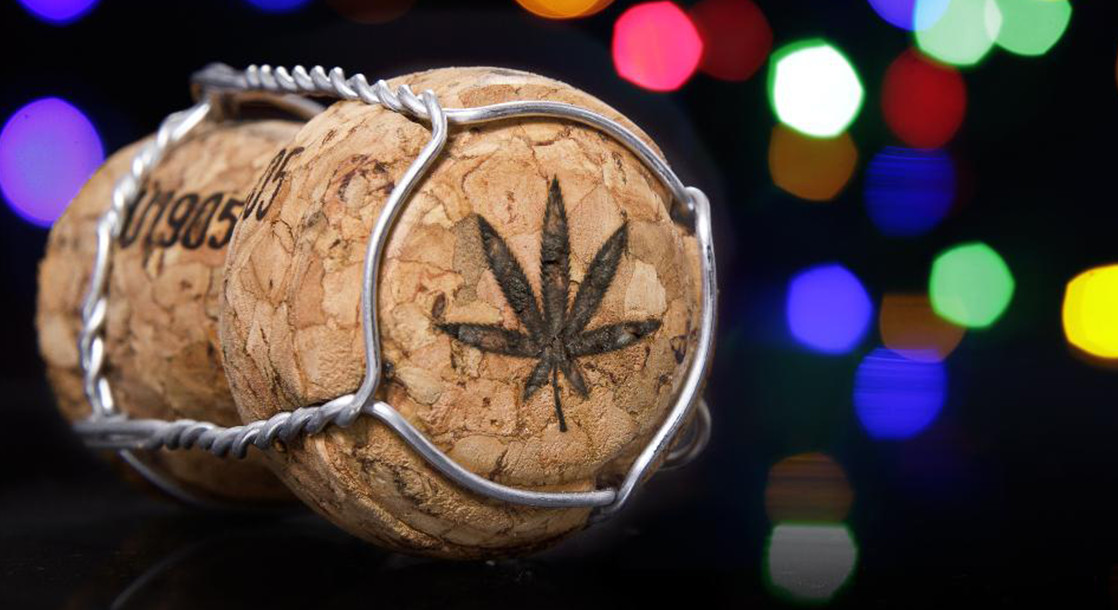Ever since the 2018 Farm Bill legalized industrial hemp, the non-psychoactive cannabis varietal has become big business across US agriculture. But the green rush has come with its own growing pains, and a new report from Arizona suggests that local farmers are having a hard time following federally-mandated THC limits.
According to the Associated Press, officials at the Arizona Department of Agriculture’s Plant Services Division said that some 41% of all hemp plants tested during the most recent harvest season contained more than the allowed 0.3% THC. Instead of extracting CBD from them, four of every ten hemp plants must now be destroyed in accordance with state regulations.
“At 40%, that’s off the charts,” Sully Sullivan, executive director of the Hemp Industry Trade Association of Arizona, told the AP. “I’m taken aback by that. That’s substantial.”
Arizona passed state-specific hemp regulations in 2019 and immediately saw an influx of local growers. But since the entire hemp-CBD industry is only entering its second year of full legality, industry experts say that hemp-based horticultural practices are still imprecise and largely anecdotal. Instead of corporate seed banks with highly specific varietals, hemp farmers rely on online sellers and word of mouth.
“The failure rate is not unexpected based on anecdotal information from around the country regarding variable seed quality and genetic expression, for THC content, between the varieties planted,” Arizona Plant Services Associate Director John Caravetta told the Associated Press.
THC testing is required by state law before hemp products go to market, and a number of Arizona growers pay for high-priced periodic cannabinoid testing while their plants are growing. That way, if a crop is approaching the 0.3% THC mark as it matures, cultivators can process the plant before it surpasses the THC limit. Early testing can also save a company from paying costly processing fees for a product that will eventually be sent to the chipper.
“If you don’t spend that money [for pre-harvest cannabinoid testing] and go into it blind, you’re just rolling the dice. You got to know when to harvest,” Dustin Shill, head farmer for Arizona Hemp Supply Co. in Yuma, told the AP. “The THC and CBD go hand-in-hand. When [CBD] is going up, THC is going up, so it’s a fine line to determine when it’s ready.”
Of course, thanks to hemp’s federally legal status, Arizona’s health food stores and head shops will still have plenty of imported CBD products on shelves despite the local cultivation issues. But as the marketplace continues to grow, early adopting hemp farmers will be stuck rolling the dice with every seed until the industry evolves into something more established.
“It’s a high-risk deal,” Shill said. “Right now, it’s just a shot in the dark really. It’s crazy.”
Follow Zach Harris on Twitter











